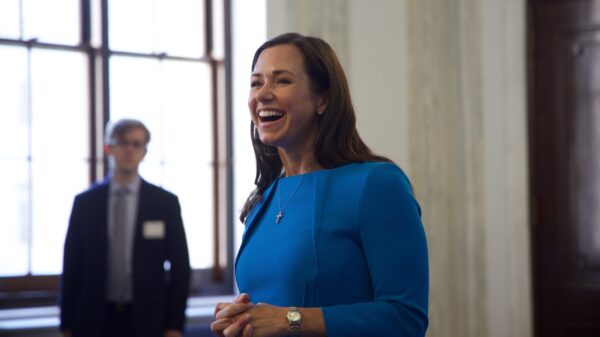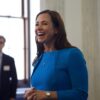By Brandon Moseley
Alabama Political Reporter
U.S. Senator Richard Shelby (R) from Alabama issued a written statement following a hearing of the Committee on Banking, Housing and Urban Affairs. Richard Cordray the first Director of the Consumer Financial Protection Bureau (CFPB) made his semi-annual report to Congress on that day.
Senator Shelby said, “Mr. Cordray appears before us, as always, completely immune from congressional oversight, except, of course, we are permitted to ask him questions. Such questions are especially important now because the Bureau’s activities in its first year likely foreshadow its activities in the years to come. Of particular interest is how the Bureau has exercised its authority. For example, recently the Bureau issued a proposed rule on mortgage disclosures. Buried deep within its 1,100 pages, the Bureau expressed concern over a particular disclosure required by Dodd-Frank. The Bureau said that it found that the new disclosure ‘would be difficult to calculate and explain to consumers, would not likely be helpful to consumers, and may distract consumers from more important disclosures.’ In response to this finding, the Bureau is considering exempting companies from complying with this requirement.”
Senator Shelby said, “This problematic statute, however, raises a more fundamental question about how the Bureau will address statutes it determines to be harmful to consumers. In this case, the Bureau could ask Congress to amend the statute. Instead, the Bureau has interpreted its exemptive authority so broadly that it believes it can just ignore the statute. Congress needs to clearly understand the bounds of this authority as interpreted by Mr. Cordray. After all, if the Bureau can easily ignore a statute, it raises the more serious question of whether Congress or the Bureau has the final say over what the law is.”
Sen. Shelby continued, “Today, I would also like to know more about the limitations on the Bureau’s spending authority. Dodd-Frank granted the Bureau the power to set its own budget and spending priorities without any Congressional oversight.”“
Shelby said, “The Bureau is structured differently than other banking regulators. The OCC, FDIC and the Federal Reserve do not have such a slush fund. Instead, they turn over the civil penalties they collect to the Treasury.” “Unfortunately, without significant reform, there is little Congress can do even if the Bureau misallocates these funds. Until that time comes, it appears that the most we can hope for is a hearing and the opportunity to ask questions.”
Senator Shelby has been a staunch critic of the vast powers and autonomy from Congressional oversight that the Dodd Frank financial regulation bill gave to its creation: the CFPB. Other federal agencies have to have their budget set by the Congress. Dodd-Frank set up the powerful CFPB so that it gets funded directly by the Federal Reserve with no need to make budget requests of Congress and with Congress having little ability to direct or oversee the CFPB. Since its creation, the CFPB has written over ten thousand new pages of federal regulations which affect virtually anyone who borrows or lends money. Critics such as Shelby argue that the CFPB is too powerful. Congressman Mike Rogers (R) from Saks have calleed for Dodd-Frank to be repealed. President Obama argues that the CFPB is necessary to prevent another financial collapse like what occurred in 2008. Critics argue that the weight of the growing federal regulatory burden, including the CFPB, is slowing economic growth and threatens to plunge the nation into another recession.
Sen. Shelby is the ranking Republican member of the Committee on Banking, Housing and Urban Affairs.



















































